Featured image supplied by HoneyPedia
So you have an upcoming Regatta and you want to know if your diet leading up to race day can affect your performance? And if so, what, how much and when should you eat to get the most out of your body on the day?
We all know that for professional athletes, their diet is integral to their lifestyle. But many of us do not have the dedication or will power to live the life of “professional athletes”, so we seek out articles like this one to at least give us a little more kick on race day than we normally have.
If you have read to this point, there is a good chance that this article is for you.
Before we get into the nuts and bolts of this article, I would like to point out a number of basic facts:
- Your body burns primarily fat to fuel itself during racing.
- Your body needs to burn carbohydrates in order to burn fat.
- Your body’s primary sources of carbs are:
- Glycogen stored in the muscles and liver
- Food or sugars eaten during exercise
- You have about 2 hours of energy stores (muscle glycogen) in your body.
- Your body is constantly using energy even when you are just sitting there reading fantastic dragon boating articles. (basal metabolic rate)
- All of your body functions require energy to do their thing. About 75% of food calories are used to sustain basic body functions.
- So when you eat food, a proportion of the energy is taken by your body to do the background stuff like keeping your heart beating, keeping your body warm, keeping your brain active, AND digesting the food you just ate!!!
That last point is important. You cannot wolf down that burger and then hop into a dragon boat and expect to perform your best. Some of your valuable energy stores will have been diverted to your digestive system to get to work on the burger.
Wouldn’t it be better to have more of your valuable energy available for racing?
The fewer calories you ask your body to process during a race, the more resources your body has available to paddle very hard. Combine this with our 2-hour energy tank, we find that the best nutrition strategy for dragon boat racing is a minimalist, take-in-as-few-calories-as-you-can-get-away-with strategy.
A Regatta day involves short, intense spurts of exercise. But it also involves a lot of paddling just to get to and from the start line. Assuming a race card of three 500m events each with 3 heats, and a 1000m thrown in for good measure (a total of 10 races). Also assume this Regatta is at Champion Lakes in Western Australia.
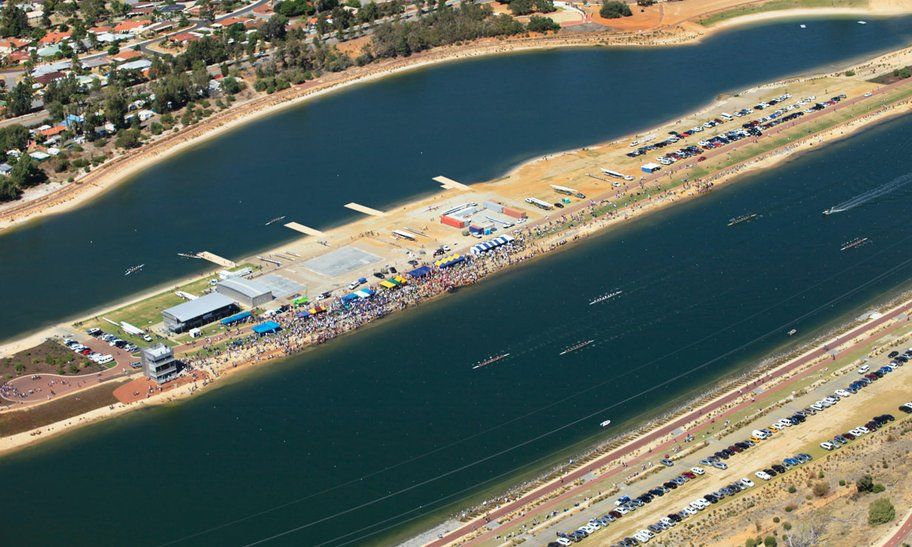
By the end of this 500m Regatta, this paddler would have paddled 16+km with 5.5km at full race pace. This highlights that dragon boating is more than just a sprint sport. Athletes need to realise that all this paddling burns energy and as such, your energy levels need to be managed.
Fatigue will come.
Your aim is to reduce or delay the onset of this fatigue. You probably cannot replenish your energy needs throughout the day fast enough so you need to prepare in the days and weeks leading up to race day.
Initially, most of your energy comes from glycogen stored in your muscles. Continued racing will result in the muscles beginning to draw their fuel from the blood sugar, which is in turn supplied by glycogen stored in your liver, as well as from their own stores.
Your liver glycogen levels are finite and when depleted, will cause your blood sugar level to fall, which will prevent you from continuing to exercise. This low blood sugar (called “hypoglycaemia”) induces a feeling of tiredness and light-headedness, and your body to feel very heavy. We don’t want to go anywhere near there.
Where We Want to Be Before the Regatta
Our aim before we take our first stroke out to the start line is to:
- Be well-hydrated
- Be pre-loaded with sodium, if it is going to be a hot day of racing
- Have topped off our glycogen stores so that we have a full energy “tank”
- Ensure your stomach and digestive tract are relatively empty.
So let’s put together a plan on how to be ready for race day.
The Week Before
Begin hydrating and maintaining your glycogen stores in the week leading up to the Regatta.
The Day Before
- Lunch: our largest meal of the day. A sandwich or pasta is fine, but eat a bigger lunch than usual so that you can have a lighter dinner. This gives your body plenty of time to “process it” if you know what I mean. Lightly salt your food. Drink water all day or, if tomorrow’s race is going to be hot, drink a sports drink instead of water.
- Dinner: light, high in carbs, easy to digest.
Race Morning
While you are asleep, your body will burn about 800 calories, so your energy fuel tank will not be full anymore. Also, if you suffer from pre-race nerves your digestion will slow down. So we need to top up the tank and give your body enough time to process the food and leave your stomach relatively empty.
The speed with which carbohydrates are absorbed into the blood stream is measured by the glycaemic index (GI). In the 4-5 hours before your race, you should aim to eat 600-800 calories of high glycaemic index foods, such as a liquid smoothie, bread with honey, raisins and sugar, to increase your blood sugar and top up your body’s glycogen stores.
From Waking Up, To Your First Race
You have a full tank, and to keep it that way, I suggest you eat a sports bar (check labels for carbohydrate and protein content) on the way to the race, drink a bottled sports drink while setting up, and then maybe take in a gel and some water about 30 minutes before your first stroke. Your aim is to maintain your energy stores at maximum. Some other top up foods that are suitable to eat 1-2 hours before exercise (obviously don’t eat all of them):
- liquid meal supplement
- milk shake or fruit smoothie
- cereal bars
- fruit-flavoured yoghurt
- fruit
Ready to Go
You have a full tank. You have about 2 hours’ worth of energy. Every race will take from this tank. You now have to balance replenishing this fuel whilst not giving your body additional work to do digesting it. The aim is to take in the minimal amount of calories required to slow the energy depletion rather than try and keep it topped up.
Between Races
Paddling to the race start, racing and then paddling back to shore you can burn – based on your weight and effort:
- 60kg: 413 – 708 calories per hour (7-12 calories a minute)
- 86kg: 604 -1035 calories per hour (10-17 calories a minute)
An energy drink or an energy gel contains about 100 calories. A 500m race takes about 11.5 minutes of paddling (to start, racing, back to shore at Champion Lakes). It burns about 93 -180 calories.
So theoretically, we could keep the tank topped up by drinking between one and two energy drinks or gels after every race – not healthy. Or we could take in no calories and have enough energy in the tank to execute 11 races (86kg paddler) or 21 races (60kg paddler) but possibly finish the day shattered.
Ideally you would aim somewhere between no calorie intake and the ridiculous 20 cans of energy drinks or gels for a 10 race Regatta.
If you feel like you need an energy boost, some foods you might consider if there is less than 1 hour between races are:
- sports drink
- carbohydrate gel
- cordial
- sports bars
- jelly lollies
Hydration
I encourage all my crews to maintain their hydration levels throughout the day. The average human body is 75 percent water, with blood 92 percent water, bones 22 percent water, and muscles 75 percent water. Poor hydration can lead to loss of strength and stamina which of course will affect your performance in the boat. But allowed to persist, poor hydration can have quite dramatic short and long term effects on your health.
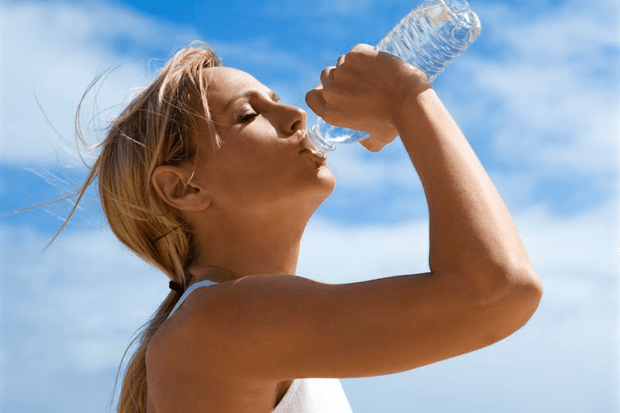
After the Regatta
After you have finished the Regatta, you should aim to restock your carbohydrate stores as quickly as possible. This will reduce the risk of illness. In addition, the more quickly you restock your glycogen stores, the more you develop your body’s ability to store energy in this form.
In general, the principles for consuming energy after dragon boat racing are:
- aim to consume carbohydrates quickly – preferably within half an hour, and certainly within 2 hours; you may well not feel like eating straight away, but you should try to force yourself;
- consume high glycaemic index carbohydrates which can be absorbed by the body quickly, such as a bagel with peanut butter, or a sports drink;
- drink plenty of water as well, since this is needed for storage of carbohydrates and you will need it to offset dehydration;
- try to accompany the carbohydrates with some protein and fats, since this aids absorption of the carbohydrates. A baked potato with beans or tuna is ideal.
In other words, the best foods to eat immediately after a Regatta are roughly the same as you should eat before it: plenty of high glycaemic carbs with a little protein, washed down with lots of water.



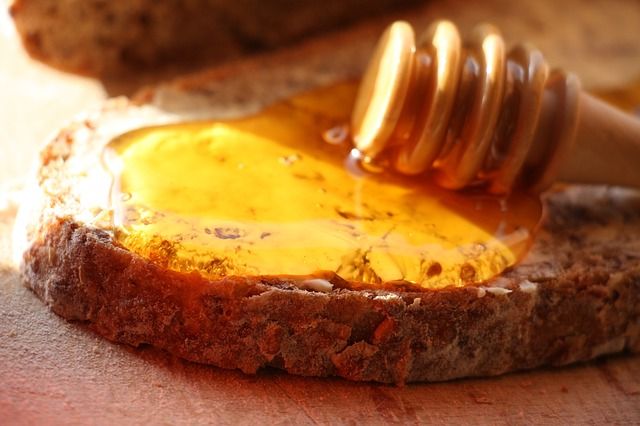

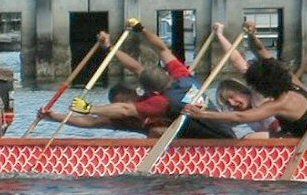
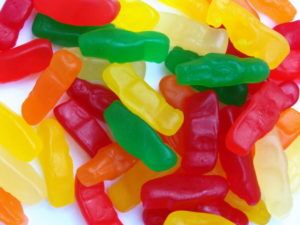
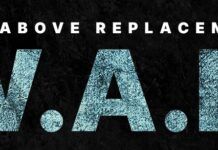


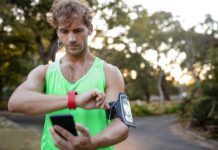

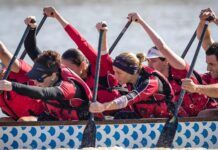




Those massive race day pot lucks we used to have where totally the wrong thing to do from a performance perspective… was awesome fun though!
No mention of post regatta pints at the Hale Rd Tav ???????
Well maybe the post regatta pints can sneak in under : …”plenty of high glycaemic carbs with a little protein, washed down with lots of water.”….. 🙂
Good analysis, but also needs some added protein and other mineral salts not just sodium but also potassium.
Post race day – the ale has water to rehydrate, salt to replace minerals lost and malt for energy – a balance is good and needed. The problem comes in getting the balance right – too much and the alcohol contained dominates, emphasising loss of control, balance and vision!!
Hi Ducko, Thanks for your post. Ale is good and like you say, too much leads to some issues. BUT. It also adds a dimension to the race stories that you would never get otherwise. 🙂
Paddle up! *hic*